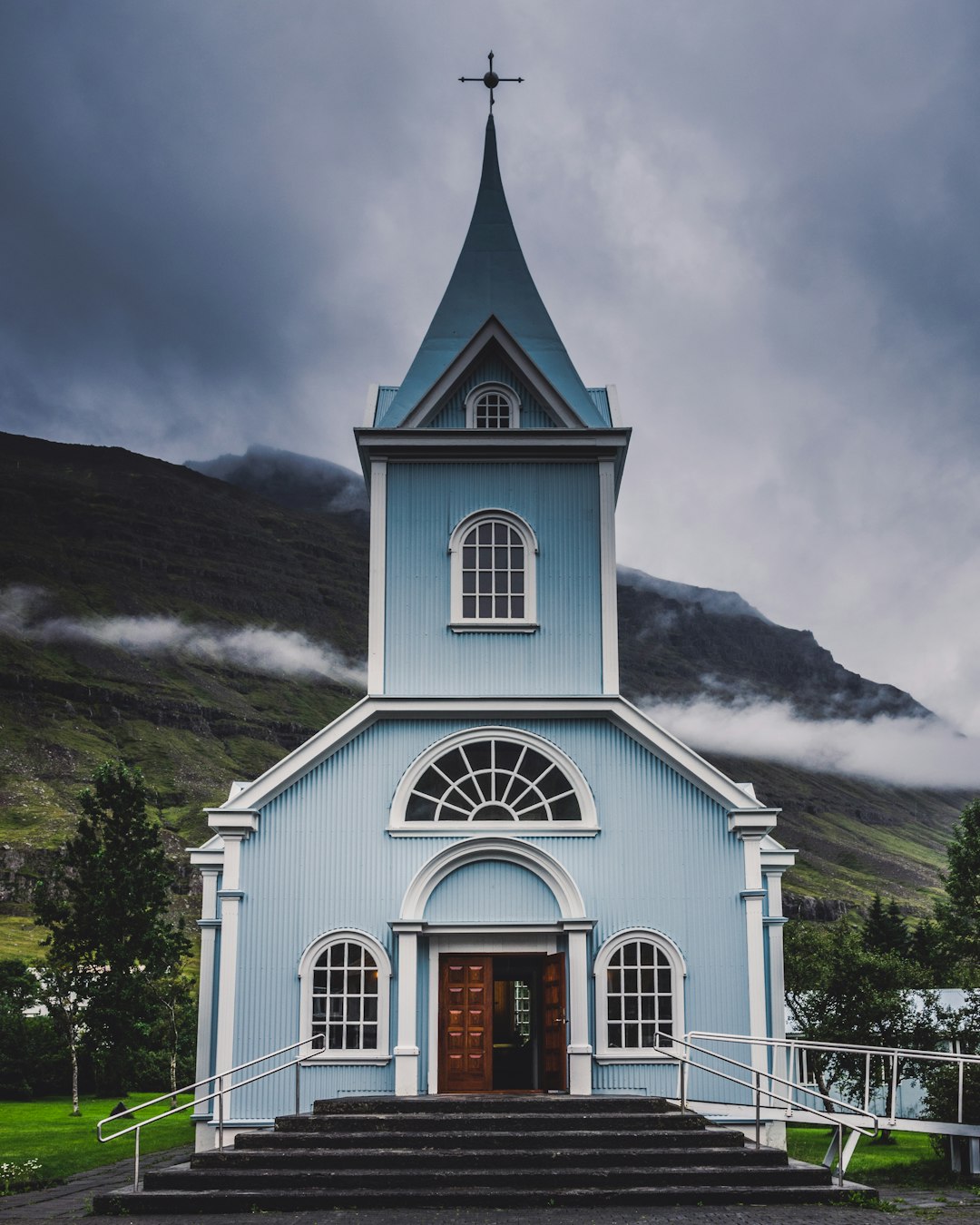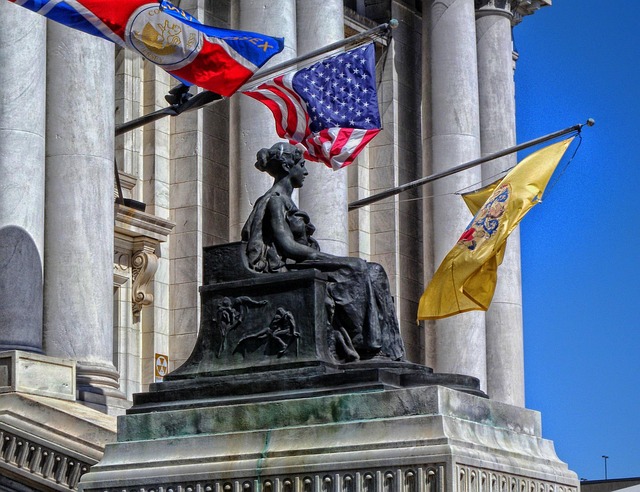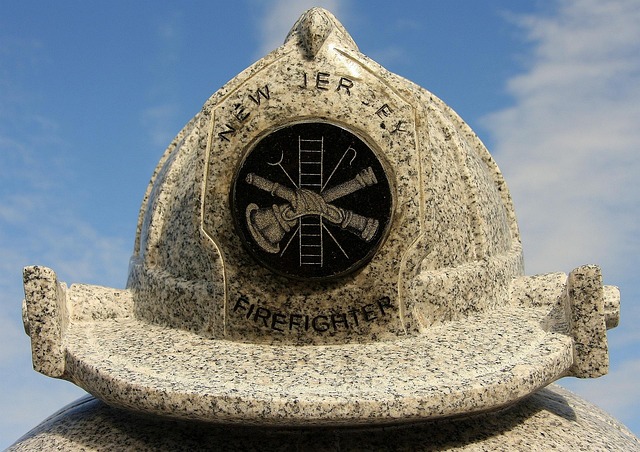Clery abuse is a significant and often overlooked issue in New Jersey, causing severe mental health consequences for survivors. Specialized clergy abuse lawyers and law firms provide crucial support, guiding victims through legal complexities, educating them on their rights, and helping them pursue compensation. These professionals also promote justice and transparency within religious organizations by holding perpetrators accountable. For comprehensive legal representation, connect with experts specializing in clergy abuse cases across New Jersey.
Empowering Survivors: Seeking Justice and Healing in New Jersey
Clergy abuse is a profound issue that affects countless individuals in New Jersey. This article aims to shed light on the devastating impact of sexual assault within religious communities and empower survivors through legal avenues. We explore the role of a clergy abuse lawyer in navigating complex legal systems, ensuring your rights are protected. Understanding your options is crucial for seeking justice and healing. For those facing such challenges, a dedicated clergy abuse attorney or law firm in New Jersey can provide essential support.
- Understanding Clergy Abuse and Its Impact in New Jersey
- Navigating Legal Options for Survivors: Your Rights and Resources
- The Role of a Clergy Abuse Lawyer in Seeking Justice and Healing
Understanding Clergy Abuse and Its Impact in New Jersey
Clergy abuse is a significant and often hidden issue in New Jersey, with profound impacts on survivors’ mental health, well-being, and social fabric. It’s crucial to recognize that religious leaders, entrusted with spiritual guidance, can instead become sources of sexual assault and exploitation within their congregations. Survivors of clergy abuse may struggle with long-lasting trauma, anxiety, depression, and a sense of betrayal by institutions they once trusted.
In New Jersey, where diverse religious communities thrive, there’s a growing need for justice and support for victims. A clergy abuse lawyer in New Jersey can help survivors navigate complex legal systems, understand their rights, and seek compensation for the harm they’ve endured. Many law firms specializing in clergy sexual assault cases offer compassionate representation, ensuring that survivors feel heard and empowered throughout the process. These attorneys work tirelessly to bring perpetrators to justice and provide a platform for survivors to share their stories.
Navigating Legal Options for Survivors: Your Rights and Resources
Survivors of clergy abuse in New Jersey have a right to seek justice and hold perpetrators accountable. Navigating legal options can be challenging, but with the help of experienced professionals, survivors can access resources designed to empower them. A clergy abuse lawyer or attorney specializing in this area can provide guidance tailored to each unique situation, ensuring survivors understand their rights and available remedies.
These legal experts are well-versed in state laws and regulations pertaining to clergy abuse cases. They can connect survivors with the appropriate support systems, including counseling services and advocacy groups, while also assisting with civil lawsuits against responsible institutions or individuals. By retaining a reputable clergy abuse law firm in New Jersey, survivors can gain access to comprehensive legal representation, enabling them to take proactive steps towards healing and recovery.
The Role of a Clergy Abuse Lawyer in Seeking Justice and Healing
In the quest for justice and healing among survivors of clergy abuse in New Jersey, a specialized clergy abuse lawyer plays an indispensable role. These legal professionals are equipped to navigate complex legal systems while providing crucial support to individuals who have suffered sexual assault or other forms of abuse within religious institutions. By leveraging their expertise in clergy abuse law, they help survivors find their voice and seek redress through appropriate legal channels.
A clergy abuse attorney in New Jersey understands the unique dynamics involved in these cases, ensuring sensitive handling and confidential representation. They work tirelessly to gather evidence, interview witnesses, and construct compelling legal arguments to hold perpetrators accountable. Moreover, they guide survivors through the often intricate process of filing lawsuits or making formal complaints, aiming not only to secure justice but also to contribute to a culture of transparency and accountability within religious organizations.





